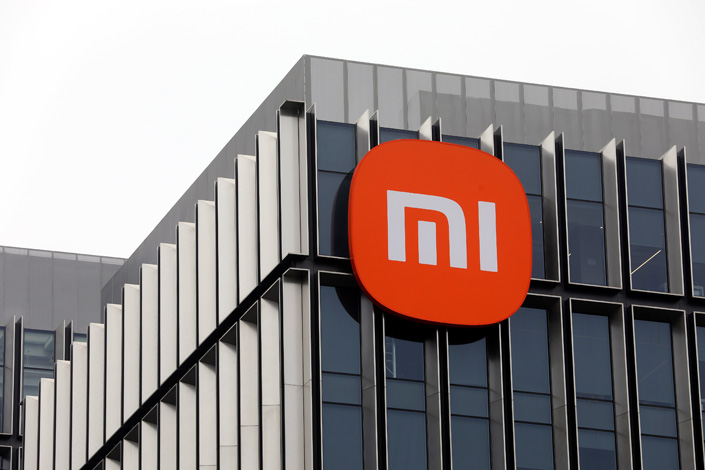 |
| Credit: Porsche |
In a move signaling a significant shift in its operational strategy, Apple has confirmed its decision to license its next-generation CarPlay system to high-end car manufacturers Porsche and Aston Martin. This marks the first instance in nearly three decades that Apple has licensed one of its operating systems to third-party entities.
The next-generation CarPlay, reportedly developed by Apple, introduces enhanced security measures and functionalities aimed at improving the in-car user experience. By extending licensing agreements to Porsche and Aston Martin, Apple seeks to forge partnerships that align with its vision for premium automotive integration.
While details regarding the exact nature of the licensing agreements remain undisclosed, industry observers speculate on the implications of Apple’s departure from its traditional model of tightly integrating hardware and software. This move, though not expected to pose significant financial risks as witnessed during the 1990s software licensing era, signifies a notable departure from Apple’s long-standing approach.
Apple’s decision to focus initially on high-end car manufacturers suggests a deliberate strategy aimed at maintaining its brand image and ensuring a seamless user experience. By entrusting carmakers with control over the hardware aspect, Apple seeks to mitigate potential reputational risks associated with substandard system hardware while reinforcing its status as a premium brand.
Analysts also raise questions regarding the underlying chipset powering Apple’s CarPlay OS, as well as its potential implications for future collaborations. While Nvidia stands out as a leading OEM providing Arm-based silicon to car manufacturers, speculation persists over Apple’s commitment to maintaining control over the user experience.
Moreover, the introduction of next-generation CarPlay raises intriguing possibilities regarding Apple’s broader automotive ambitions, particularly in light of the ongoing Apple Car project. Although fraught with challenges and uncertainties, licensing next-generation CarPlay presents Apple with an opportunity to recoup investments and thwart competition from Google’s Android Automotive.
As the automotive industry witnesses a seismic shift towards embedded software solutions, Apple’s foray into licensing its operating systems reflects a calculated effort to navigate evolving market dynamics. While the delayed launch of the Apple Car may have influenced this strategic decision, it underscores Apple’s adaptability in meeting strategic and financial objectives amidst changing circumstances.
In light of Apple and Google’s incursion into the embedded car operating system market, industry experts anticipate significant ramifications for established players like BlackBerry’s QNX operating system. Despite the uncertainties surrounding the future landscape, Apple’s venture into software licensing represents a notable departure from its conventional playbook, signaling a new era of collaboration and innovation in the automotive sector.

